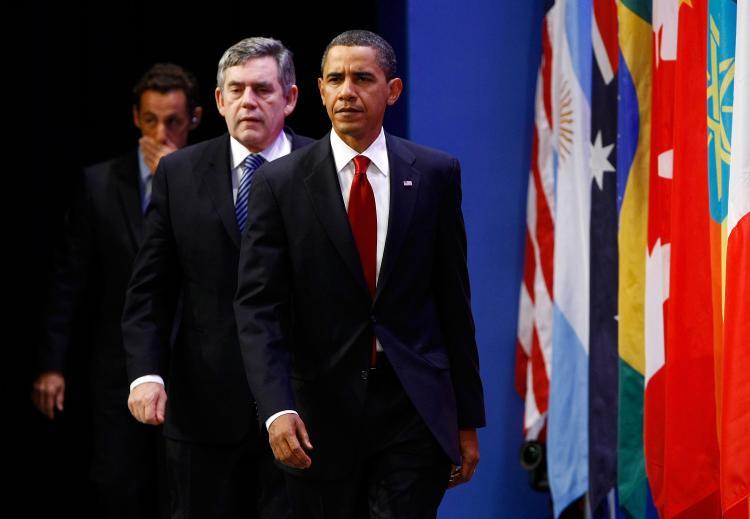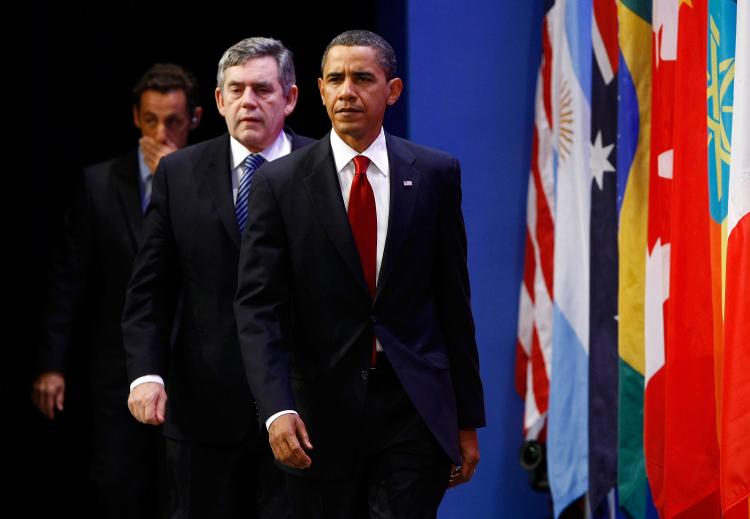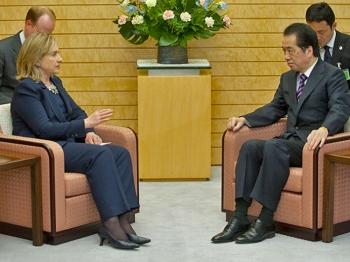President Barack Obama urged leaders of the world’s top 20 countries in a letter, released on Friday, to work together in taking aggressive actions to repair the worst worldwide economic financial crisis since the 1930s.
Obama’s recommendations to the leaders of the world’s top economies including China and Russia came prior to a summit next week in Toronto, Canada for the group 20 nations, or also known as the G-20 summit.
“We need to commit to restore sustainable public finances in the medium term. And we should complete the work of financial repair and reform. Our highest priority in Toronto should be to safeguard and strengthen the recovery,” Obama said in his letter.
Obama’s call for financial stimulus to restore economy in “the medium term” comes at a time when many European nations are cutting spending in order to reduce budget deficits.
Members of the EU from large countries such as Germany and France have tightened their belts on financial stimulus measures and budget spending, fearing that a meltdown of the banking system in the small countries of the EU such as Greece and Hungary might spread to other members of the EU.
“I am concerned by weak private sector demand and continued heavy reliance on exports by some countries with already large external surpluses,” continued Obama.
Although Obama’s comments did not specifically mention China, economists worldwide have criticized China for running huge surpluses, a consequence of China’s rigid exchange rate.
“I also want to underscore that market-determined exchange rates are essential to global economic vitality. The signals that flexible exchange rates send are necessary to support a strong and balanced global economy,” said Obama.
Politicians and economists in the United States and Europe have strongly debated that China is artificially depressing the value of its currency. This has given the Chinese goods a cheaper price advantage against its trading partners which has taken millions of jobs globally, especially from the United States.





